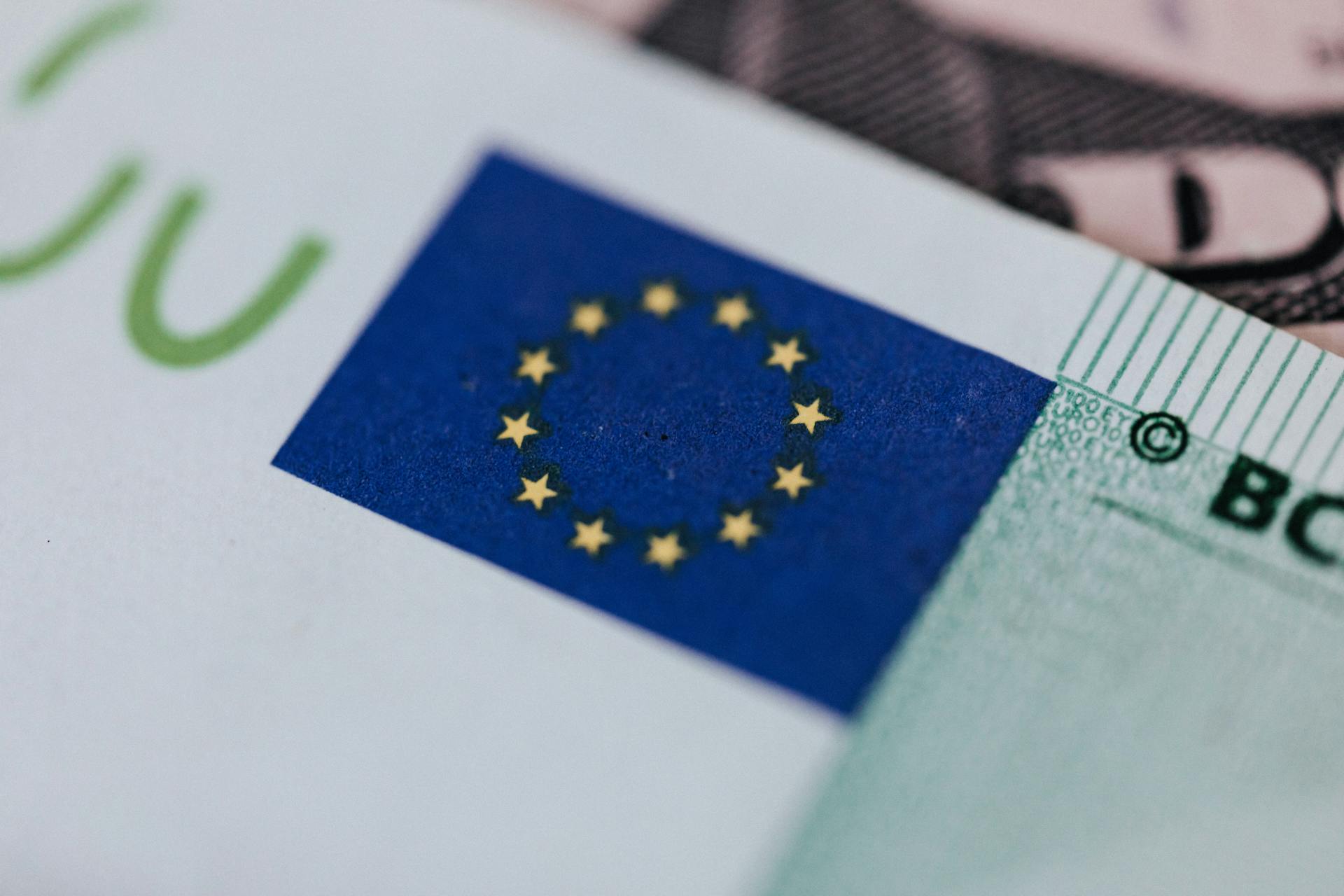Europe Day
Today we change our usual posting schedule to send warm greetings and congratulations to all our fellow European neighbors on this day, Europe Day.
Europe Day is held on 9 May every year, as a celebration of peace and unity. The date marks the anniversary of the historic ‘Schuman declaration’, a document that aimed to create Europe as a political entity, encourage world peace and to make war between members unthinkable. Schuman’s proposal is considered to be the beginning of what is now the European Union.
This year is of particular significance in the European calendar. Between 6 and 9 June 2024, approximately 373 million European citizens will be eligible to vote in the election of the 720 members of the next European Parliament. It represents the second-largest democratic electorate in the world (after the Parliament of India), with an electorate of 375 million eligible voters in 2009.
The European Parliament is the EU’s law-making body. It is directly elected by EU voters every 5 years. With a new legislature brings new challenges, opportunities, and issues to address. The European Union set four priorities for the 2019-2024 period including the protection and freedom of citizens, developing a strong economy, sustainability in Europe and promising European values and interests globally. While these are short term priorities, they are consistent with the historical tenets of the EU and at the same time provide a picture of the EU’s long-term goals.
In the field of Compliance and from a legal-economic perspective, the so-called Risk Management/Risk Assessment Framework created by ENISA, a new methodology that aims to manage risks to privacy and breaches of personal data in a new way, creating a unified prevention model that applies to all members.
One of the great achievements and objectives on the horizon is the European Green Deal, seeking to achieve double ecological and digital transition simultaneously. The European regulations on artificial intelligence also stand out, as a pioneering regulation worldwide that addresses the pros and issues yet to be outlined in this crucial field for the future.
In the digital world, compliance has been rare until recently, as directives and regulations did not oblige companies to submit to many obligations. However, the situation has changed with the adoption of the new Regulation (EU) 2022/2065 of the European Parliament and of the Council on a single market for digital services (Digital Services Regulation or DSA), and the new Directive (EU) 2022/2555 of the European Parliament and of the Council on measures to ensure a high common level of cybersecurity throughout the Union (SRI2 or NIS2 Directive).
AI is not explicitly mentioned in the GPDR, but many articles of this legislation are relevant to AI, and some are indeed challenged by the new ways of processing personal data that are enabled by AI. There is indeed a tension between the traditional data protection principles – purpose limitation, data minimization, the special treatment of ‘sensitive data’, the limitation on automated decisions– and the full deployment of the power of AI and big data.
The latter entails the collection of vast quantities of data concerning individuals and their social relations and processing such data for purposes that were not fully determined at the time of collection. However, there are ways to interpret, apply, and develop the data protection principles that are consistent with the beneficial uses of AI and big data.
The consideration of ESG factors in business operations and the growing role of the European Union have been key to the continued rapid development of ESG in the EU. Sustainable Finance Disclosure Regulation (SFDR), Corporate Sustainability Reporting Directive (CSRD) or the Corporate Sustainability Due Diligence Directive (CSDDD) are examples of the intensive regulatory development work being implemented by the European Union.
In fact, these efforts to optimize EU regulations have led to the creation of a term, The Brussels Effect. Professor at Columbia Law School, Anu Bradford, argues the EU remains an influential superpower that shapes the world in its image. By promulgating regulations that shape the international business environment, elevating standards worldwide, and leading to a notable Europeanization of many important aspects of global commerce, the EU has managed to shape policy in areas such as data privacy, consumer health and safety, environmental protection, antitrust, and online hate speech. Simply put, when the EU enacts regulations, the rest of the world often follows suit.
Every 9 May, Europeans celebrate Europe Day, a commemorative occasion that honors the inception of the continent’s political and economic integration, and the enduring peace achieved as a result of the decades-long collective effort. On this day, let us celebrate the common principles and values that underpin life in the EU: freedom, democracy, equality and the rule of law, and the promotion of peace and stability.







